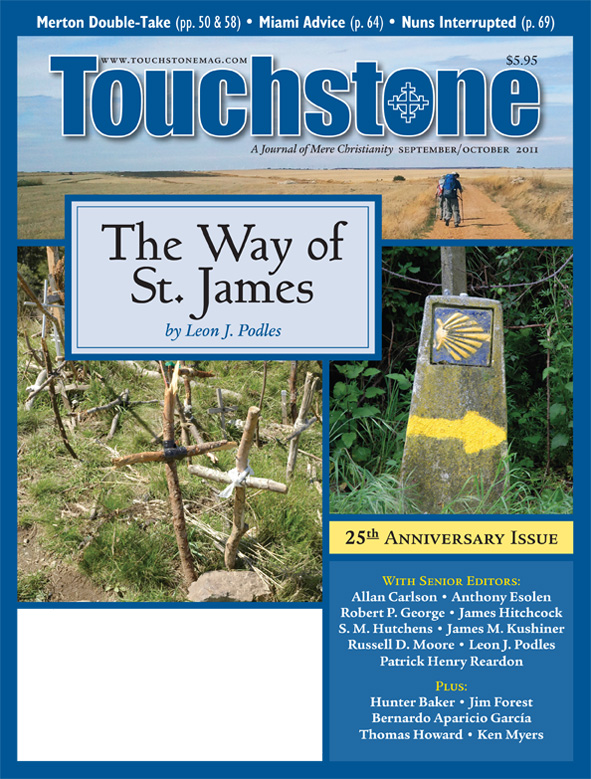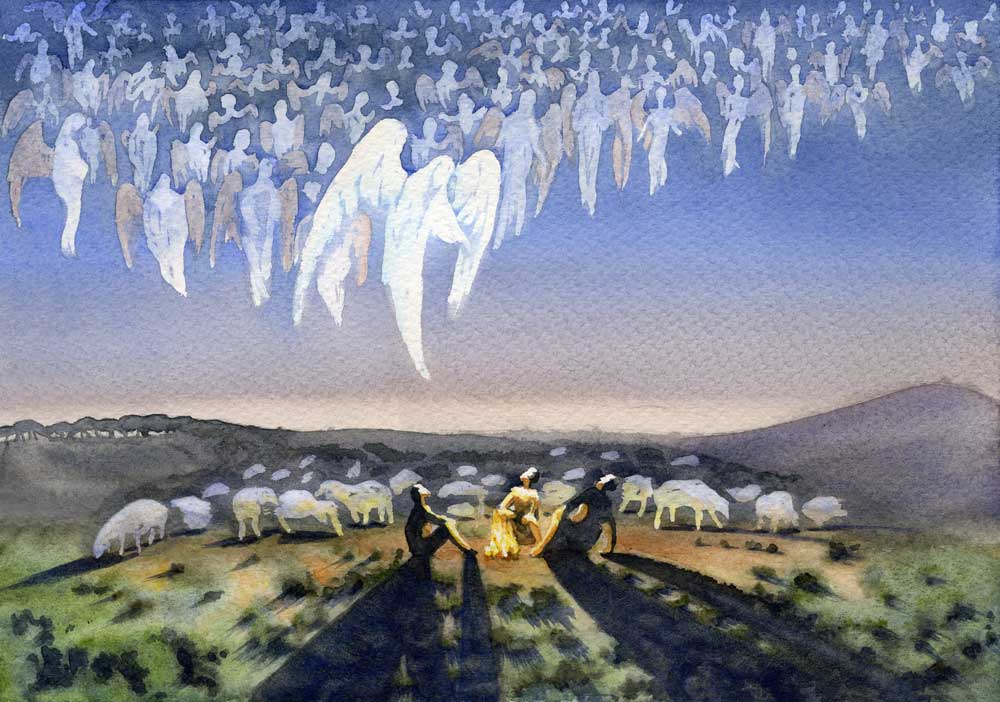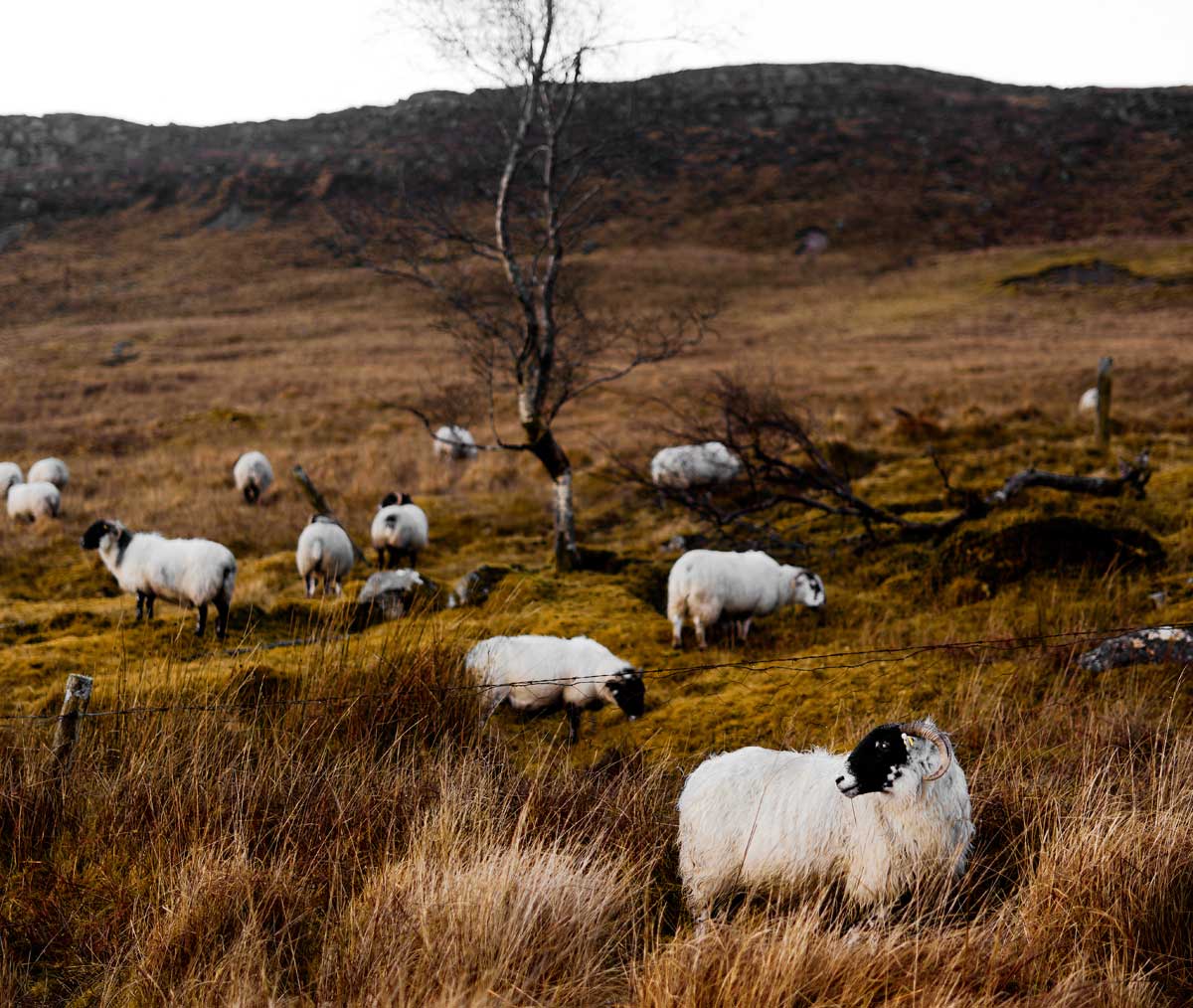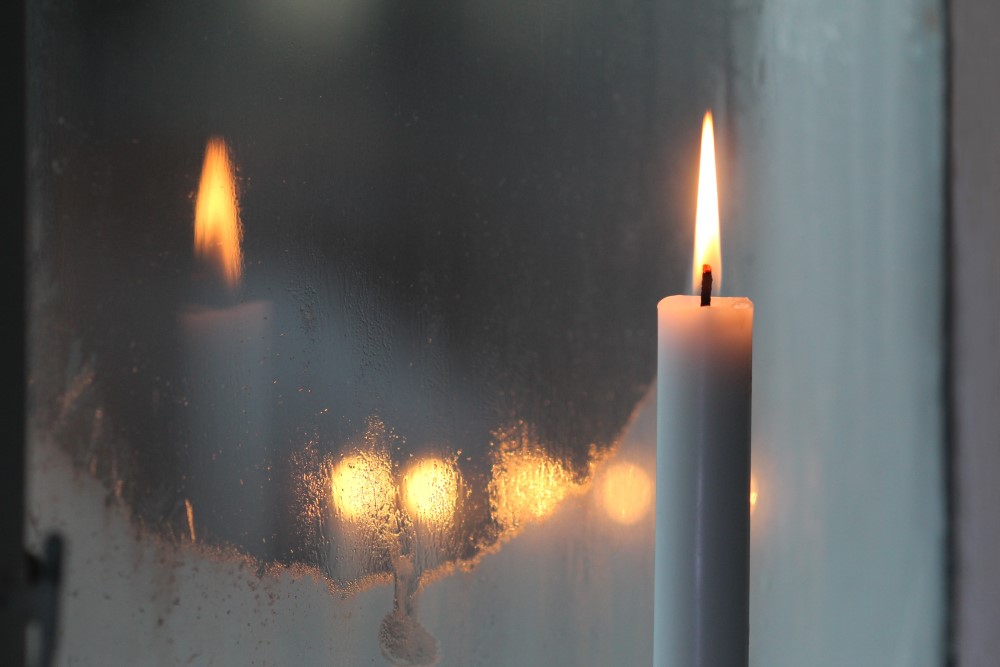Magic Moments
In some conservative Christian circles, magic in children’s books is considered a bad and/or dangerous thing. There are some good reasons for this viewpoint, particularly given the rise of modern-day witchcraft. However, there is much to be said for good books with magical elements. After all, the Narnia books are full of magic, and even Aslan talks about “the deep magic.” It would be sad if children missed out on the best of this genre.
My favorite books with magic in them come mostly from an earlier era—from a time when books portrayed kids doing things together, having adventures together, and letting their imaginations go. These days, such books more typically feature a lonely hero, often an orphan, battling for existence. (Note: the books discussed here are for ages 8 and up, and some are for even older kids.)
I think, for instance, of the Edward Eager books. I recently listened to the audio version of Half Magic once again, and enjoyed the problems faced by a group of children who have to think carefully about making wishes that only halfway come to pass. All of Eager’s books are a delight, allowing kids to enter an exciting world where unexpected things happen.
I also think of E. Nesbit’s Five Children and It, in which the five children of a large family find a magic creature who grants them wishes that last only until sunset. The children’s wishes often land them in humorous or problematical situations, and they then have to figure out how to get back to normal. Several other of Nesbit’s children’s books also have magical elements.
Magical Series
One favorite series of mine is the five books by Lloyd Alexander, beginning with The Book of Three. This series is based on a Welsh cycle of legends and clearly uses much of the same source material as J. R. R. Tolkien used in the Ring series, but Alexander’s books are somewhat gentler and more appropriate for younger children. Certain scenes from his books have stayed in my mind and become part of my mental furniture. For example, toward the end of the second book (The Black Cauldron), the main character, Taran, wants something that three sorceresses have. They in turn ask him for “the nicest summer day you can remember.” Taran realizes he can’t give them that, but the episode forced me to think about what the meaning of each day is, and has helped me appreciate time in a different way.
Another favorite is Jane Langton’s A Diamond in the Window. There are mystical elements in this book that might disturb some, but the beauty of the ideas outweighs that concern in my mind. Two children are sent on several magical quests. The one that stays with me is when they enter a series of mirrors. They get to choose the image that appeals to them, and they then become that person. Afterward, they have two more choices to make, leading gradually to what they might be as adults. It’s an astonishingly powerful lesson in making choices and learning where those choices might lead you.
I also like Elizabeth Winthrop’s The Castle in the Attic, which deals in a different way with the consequences of making certain choices. A poor choice by the main character leads to dire results that affect another human being, and the young hero must win back his honor. This story is illumined with high moral values.
There are other series from the same period that disturb me more. An example would be Susan Cooper’s series, which never sets a clear enough line between good and evil. Then there are the magic books I truly dislike. These include Bruce Coville’s The Monster’s Ring. Although it seems to be a lighthearted tale, I sense a spiritual darkness at the core of it.
From Contemporary Authors
More recent books or series that I like are Patricia Wrede’s books about dragons and T. A. Barron’s books on Merlin. I also like Gail Carson Levine’s Princess Tales(full of humorous take-offs on fairy tales) and others.
For older kids, I can recommend The Sea of Trolls by Nancy Farmer. Though this book has some strong scenes and much Norse mythology, it is saved for me by the vaguely Christian background of the hero, who questions what he hears and experiences. I also rather like Dave Barry and Ridley Pearson’s Peter and the Starcatchers, which provides the “back-story” for Peter Pan. But, despite the classic topic, this book is too strong in places for younger kids, and I sometimes wish the authors had toned things down a bit.
There are probably many more, but I don’t have time to read a lot these days and learn about books mainly by listening on CD. I would be interested in hearing from readers about their favorites and in getting questions about specific authors or books.
Kathie Johnson has always had a love for children's books. She collected many as a teacher and began sharing them with other teachers. In 1986, she opened a children's library in her home, and it has continued to expand over the years. Many home-schooled and schooled children borrow books from it, and she takes great pleasure in finding the "right" book for a child. She attends First Presbyterian Church in Berkeley.
subscription options
Order
Print/Online Subscription

Get six issues (one year) of Touchstone PLUS full online access including pdf downloads for only $39.95. That's only $3.34 per month!
Order
Online Only
Subscription

Get a one-year full-access subscription to the Touchstone online archives for only $19.95. That's only $1.66 per month!
bulk subscriptions
Order Touchstone subscriptions in bulk and save $10 per sub! Each subscription includes 6 issues of Touchstone plus full online access to touchstonemag.com—including archives, videos, and pdf downloads of recent issues for only $29.95 each! Great for churches or study groups.
Transactions will be processed on a secure server.
more on childrens books from the online archives
more from the online archives
calling all readers
Please Donate
"There are magazines worth reading but few worth saving . . . Touchstone is just such a magazine."
—Alice von Hildebrand
"Here we do not concede one square millimeter of territory to falsehood, folly, contemporary sentimentality, or fashion. We speak the truth, and let God be our judge. . . . Touchstone is the one committedly Christian conservative journal."
—Anthony Esolen, Touchstone senior editor









